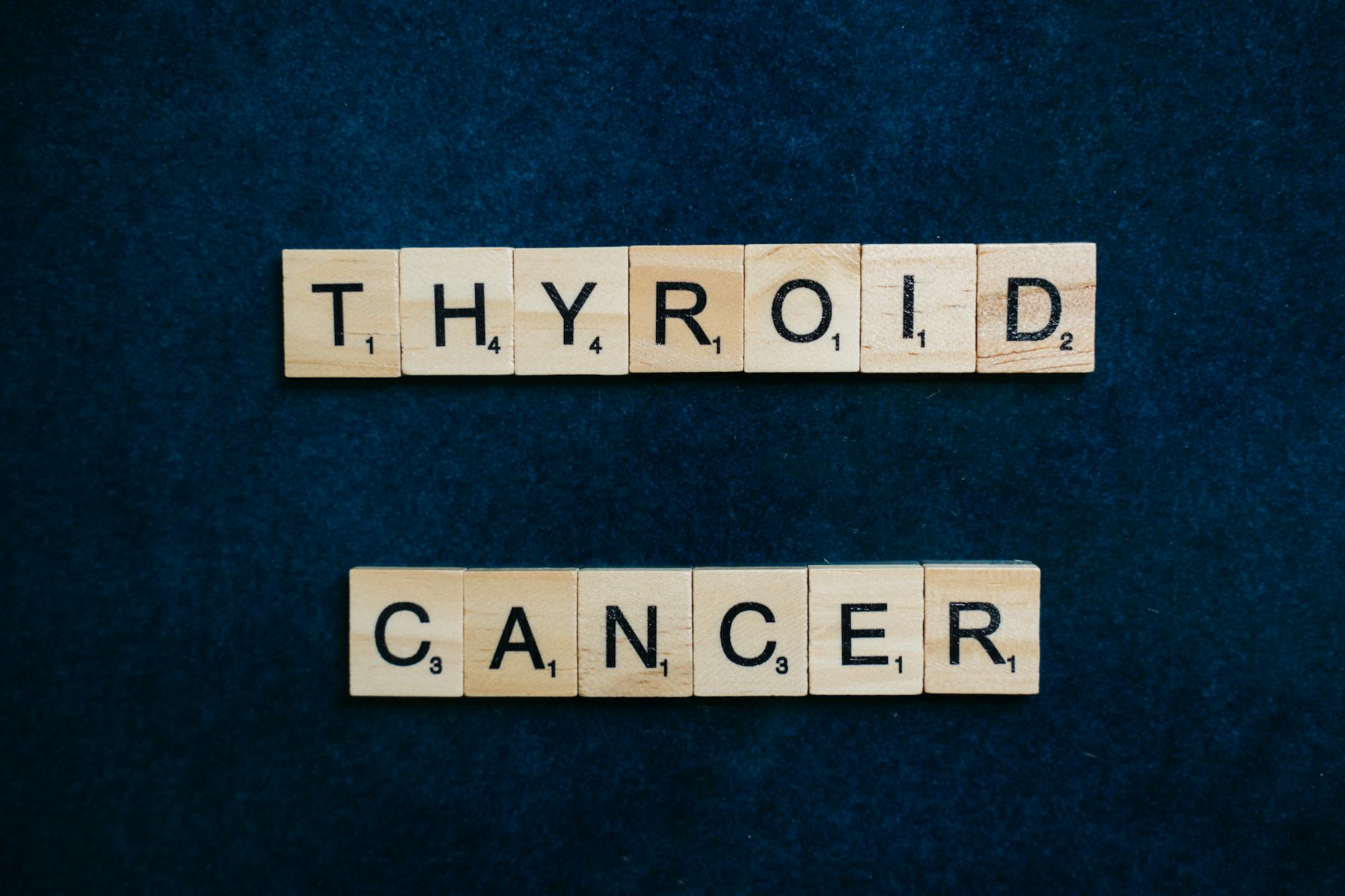Discover the truth behind Graves’ Disease – the symptoms, causes, and treatments you need to know for optimal health.
Table of Contents
Graves’ Disease is an autoimmune condition that affects the thyroid gland, leading to an overproduction of thyroid hormones. This can have a significant impact on various bodily functions and overall health. In this comprehensive guide, we will delve into the intricacies of Graves’ Disease, covering everything from its causes and symptoms to treatment options and management strategies.
Understanding Graves’ Disease
Graves’ Disease is characterized by the production of abnormal antibodies that stimulate the thyroid gland to produce excess hormones. This can result in a range of symptoms, including rapid heartbeat, weight loss, anxiety, and tremors. It is essential to recognize these signs early on and seek medical attention for proper diagnosis and treatment.
Causes and Risk Factors
The exact cause of Graves’ Disease is not entirely understood, but it is believed to have a genetic component. Other factors, such as stress, smoking, and infections, can trigger or exacerbate the condition. Individuals with a family history of autoimmune diseases are also at higher risk of developing Graves’ Disease.
Treatment Options and Management Strategies
There are several treatment options available for Graves’ Disease, depending on the severity of the condition. Medications, such as antithyroid drugs and beta-blockers, can help control the production of thyroid hormones. In more severe cases, radioactive iodine therapy or surgery may be recommended to reduce thyroid function.
| Unveiling the Mystery of Graves’ Disease: What You Need to Know | |
|---|---|
| Overview | Graves’ disease is an autoimmune disorder that causes hyperthyroidism, leading to symptoms such as weight loss, rapid heartbeat, and anxiety. |
| Cause | The exact cause of Graves’ disease is unknown, but it is believed to be a combination of genetic, environmental, and immune system factors. |
| Symptoms | Common symptoms of Graves’ disease include bulging eyes, weight loss, difficulty sleeping, irritability, and weakness. |
| Diagnosis | Diagnosis of Graves’ disease typically involves blood tests to measure thyroid hormone levels and imaging tests to evaluate the thyroid gland. |
| Treatment | Treatment options for Graves’ disease include medications to control thyroid hormone levels, radioactive iodine therapy, and in some cases, surgery to remove part of the thyroid gland. |
It is crucial for individuals with Graves’ Disease to work closely with healthcare providers to monitor their thyroid levels and adjust treatment as needed. Managing stress, maintaining a healthy lifestyle, and following a balanced diet can also contribute to overall well-being and symptom control.
Conclusion
Understanding Graves’ Disease is the first step towards effective management and treatment. By raising awareness about this condition and its impact on the body, we can empower individuals to take control of their health and seek appropriate care. If you suspect you may have Graves’ Disease or are experiencing concerning symptoms, do not hesitate to consult a healthcare professional for guidance and support.
FAQ
Question 1: What are the common symptoms of Graves’ Disease?
Answer 1: Common symptoms include rapid heartbeat, weight loss, anxiety, tremors, and bulging eyes.
Question 2: What are the potential causes of Graves’ Disease?
Answer 2: The exact cause is unknown, but it is believed to be influenced by genetic and environmental factors.
Question 3: How is Graves’ Disease diagnosed?
Answer 3: Diagnosis typically involves blood tests to measure thyroid hormone levels and imaging tests to evaluate the thyroid gland.
Question 4: What treatment options are available for Graves’ Disease?
Answer 4: Treatment may include medications, radioactive iodine therapy, or surgery to reduce thyroid function, depending on the severity of the condition.





